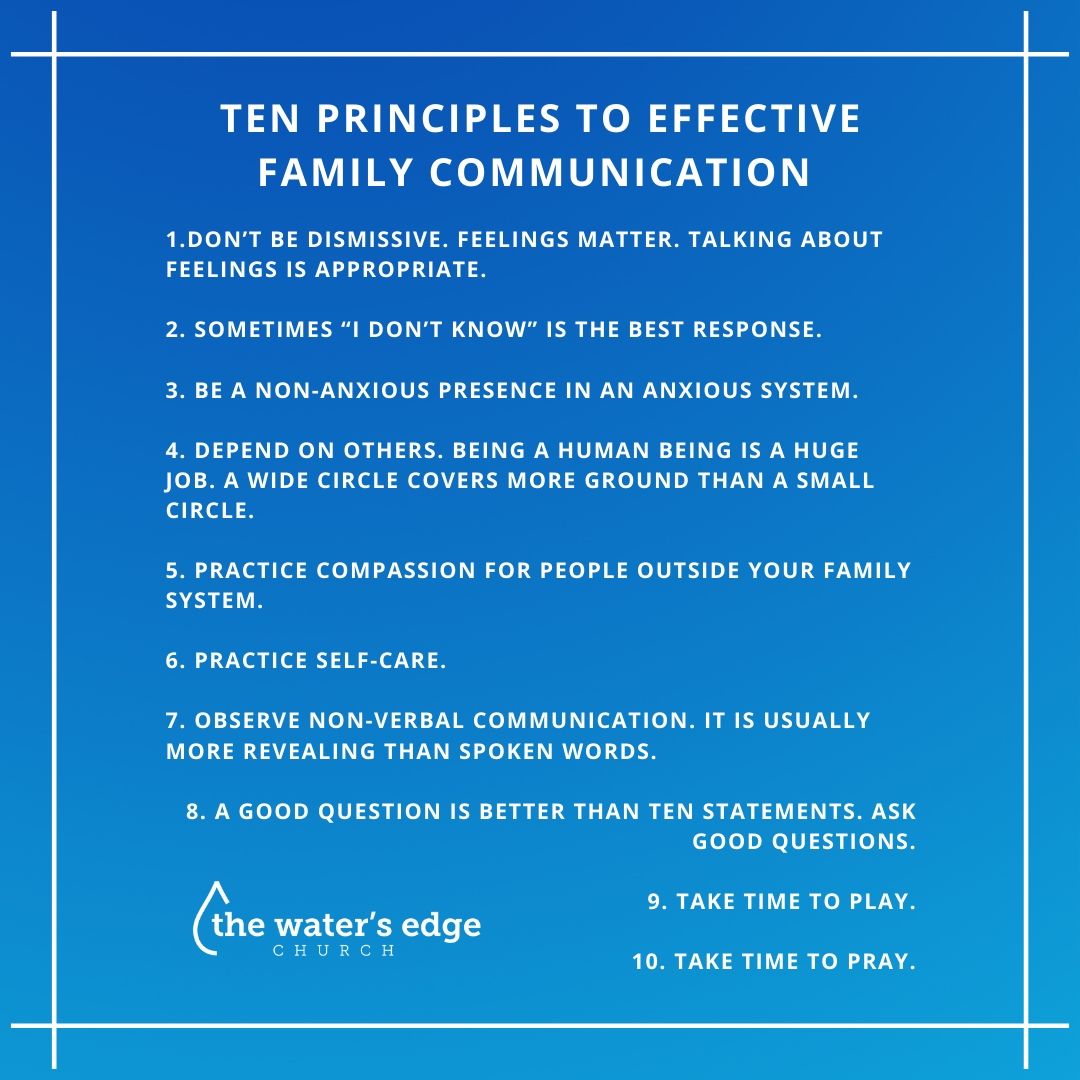Communication Tools For Parents
Please click on the buttons below to download Anxiety and Crisis Communication Guides for your child’s age group.
Managing Fear and Anxiety In Your Kids
During a Health Pandemic

Signs Your Child Might Be Struggling
Simple ways of managing anxiety.
1. Get the facts
Anxiety decreases with facts. Stay informed by viewing expert-sourced and established sites such as the CDC (Centers for Disease Control) and WHO (World Health Organization).
From what is reported, only a small percentage of children have been reportedly affected by the virus, but it’s still important to take healthy precautions.
Adopting healthy hygienic habits such as frequent handwashing with soap and water, utilizing alcohol-based hand sanitizer, and covering your mouth and nose with a tissue or sleeve (not your hands) when coughing or sneezing goes a long way.
If traveling is unavoidable, be sure to wipe down headrests, armrests, and tray tables with disinfectant wipes. And as always, be sure to get adequate sleep. Sleep is restorative and helps to strengthen your immune system.
2. Validate your child’s fears
You may not agree with how your child may be expressing him/herself, but avoid dismissing their fears. Instead, encourage the conversation.
If they’re afraid to go to school, validate that. You might say: “I understand that you’re worried. It makes sense that you would be. What else are you feeling?” Share the truth with your child and clear up any misinformation.
Finally, reinforce what they need to do to keep themselves safe and remind them of what the school is doing to keep them safe. Some children may not discuss their fears but could be internalizing their worries.
It’s important to encourage the expression of all emotions and assure your child you are available to listen whenever he or she wants to talk.
3. Limit media coverage
News stories about the spread of the coronavirus are everywhere and often dramatized for effect. Monitor how much media you and your kids are exposed to. Turn off the TV around younger children.
Anxiety tends to spiral with overexposure to scary information or just overconsumption of information. Keep informed, but be sure to take mental breaks.
4. Discuss disruptions
Have a conversation with your family about how to prepare for life disruptions. Many of life’s disruptions are really hard to anticipate or sufficiently plan for, no matter how hard we try.
Help your children to understand the importance of releasing pre-set timetables. Our timelines may get disrupted and that is unavoidable.
While it can be hard to let go of our timelines and work with the one that life is offering, it takes a level of faith to do so. Trust and faith. The storms of life, while challenging, give us opportunities to exercise our faith.
5. Maintain perspective
Keep in mind what and who truly matters in life. Maintain your social connections. Sure, large crowds might feel scary right now so the Disney cruise will need to be rescheduled, but, try not to isolate from all humans.
Maintaining our closest social networks helps to maintain a sense of safety and normalcy. And besides, flexibility, and a great sense of humor (when possible) are great skills to practice as we manage uncertainty and anxiety.
If you or your child is experiencing an overwhelming sense of fear or anxiety causing significant issues in overall functioning, please seek additional professional mental health support.
How Can WE Help?
The Water’s Edge is commited to serving our kids and families during this time. Click the buttons below to contact our WE Kids Director – Michele Bonewell, WE Youth Director – Chad Schuchmann, or to submit on online prayer request.
